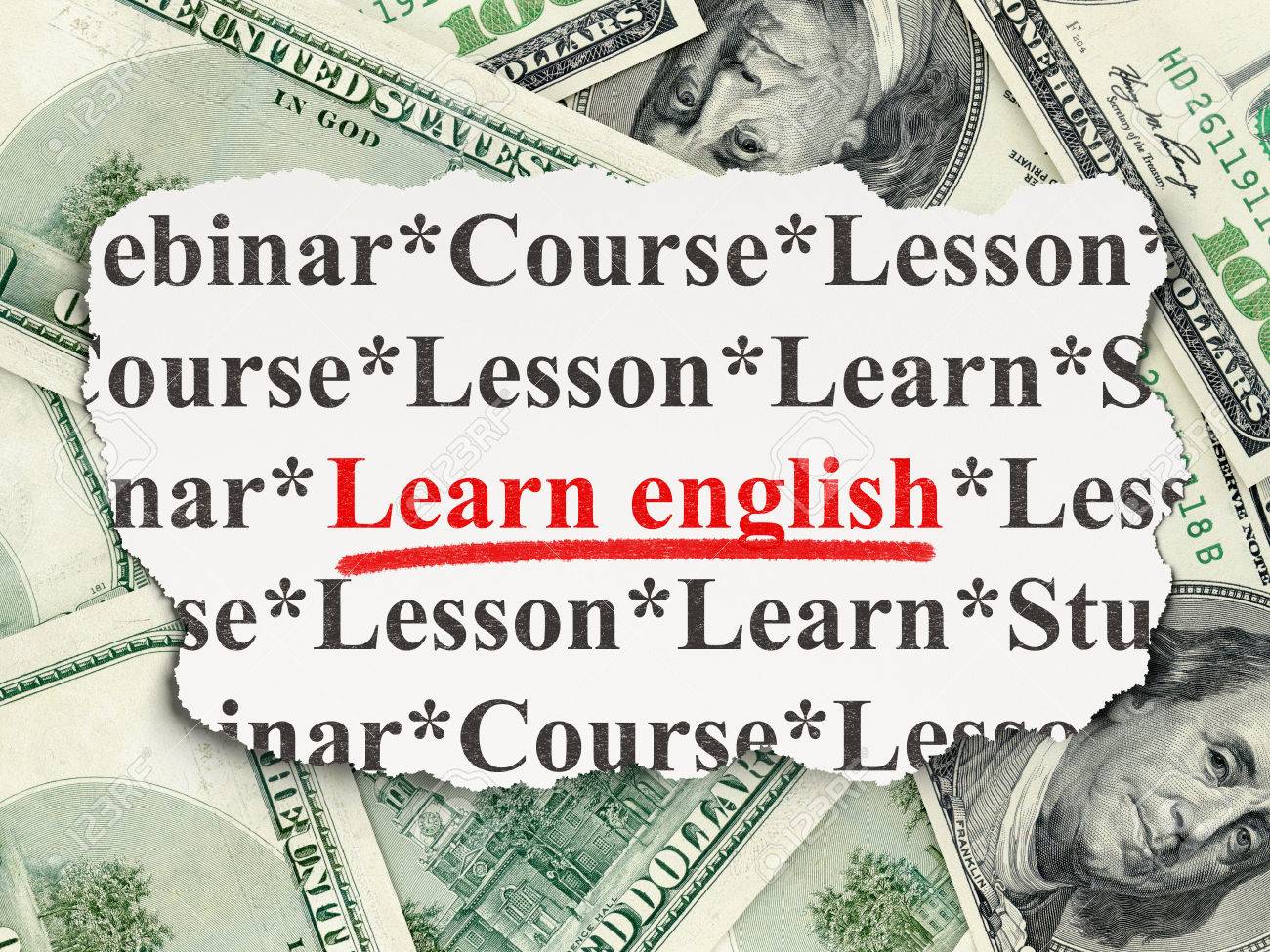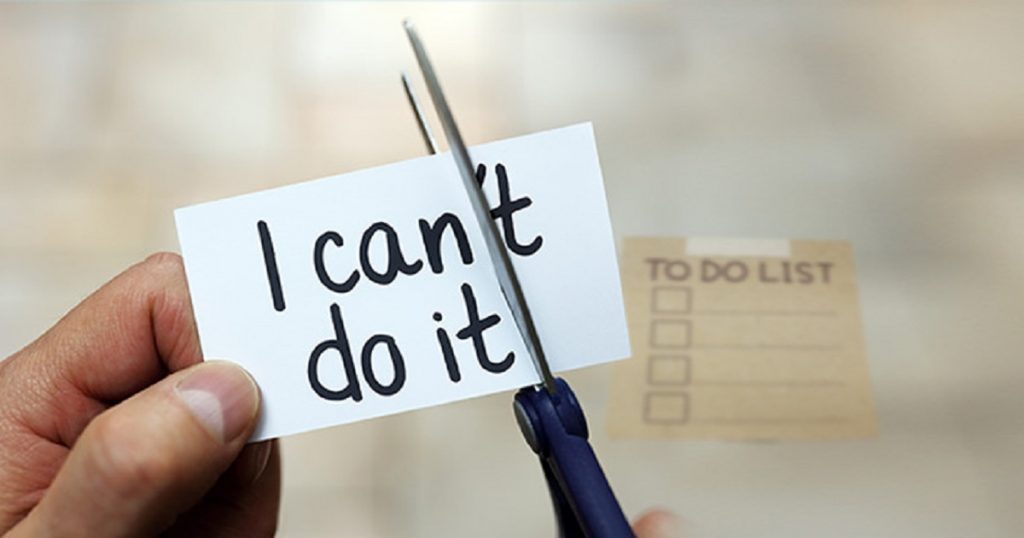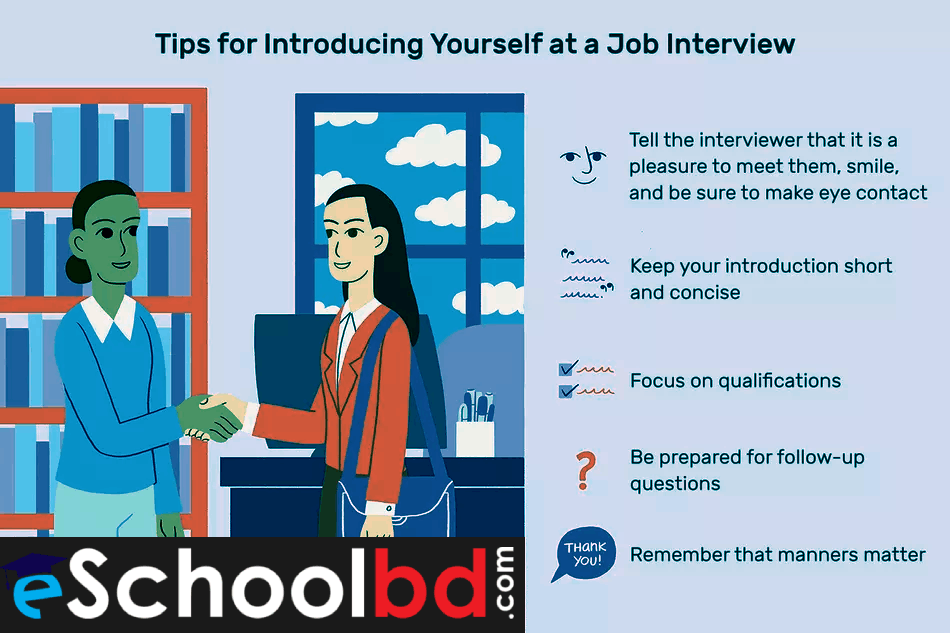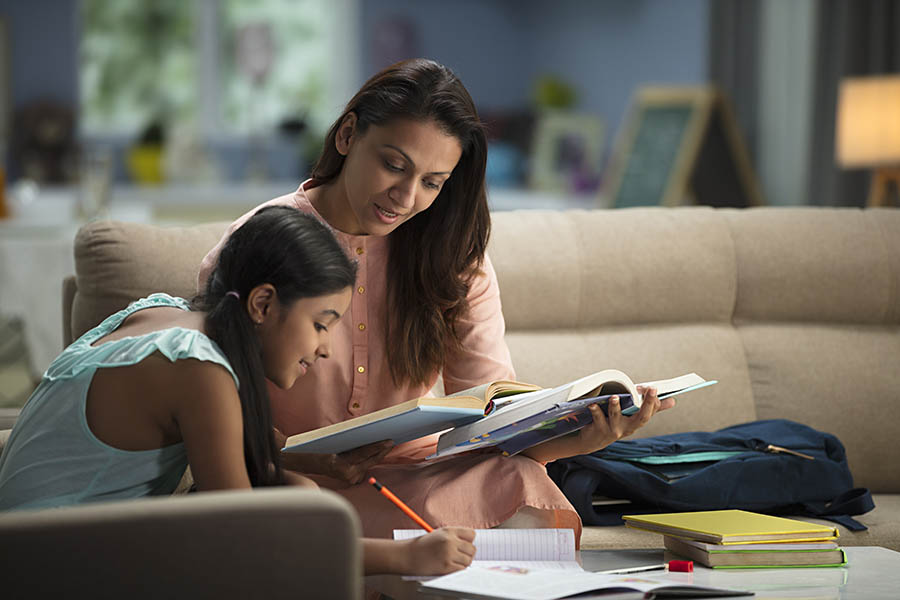How question? ‘How’ is a very useful question word. The Wh-word ‘how’ can talk about a lot of different things. Let’s look at some of the ways it can be used.
**Structure : 1)Wh-word ‘How’/phrase
2)A-uxiliary verb
3)S-ubjecet
4)M-ain verb / Infinitive
( Four steps must be in this sequence)
★’How’ qu-estion specifically used ‘ Four’ common types of how.
For example :
1)’ How + much ‘ is asking you about a uncountable (singular) nouns.
Ex. water, money,time, coffee, sugar, love, English etc.
2) ‘ How + many’ is asking you about a countable (plural) nouns.
Ex..Apples, oranges, bags,cars,peoples, pens, cats etc.
3)’ How + adjective’ is asking you to say the quantity or degree of the adjective.
Ex..How+ old /hot, good serious /difficult/ far/tall/ high /big/deep/wide/cold/large etc.
4) ‘ How + adverb’ is asking you to say the quantity of the adverb.
Ex..’ How+ often/well/long/quickl /quietly /deeply /widely /
highly /largely /coldly /nicely/ closely etc.
★1)How + much + uncountable (singular) nouns:
অর্থাৎ How much শব্দটির সাথে uncountable (অগননীয়)) nouns (বিশেষ্য) যুক্ত করে প্রশ্ন তৈরী করতে হয়। যেমন :
How much time (কতটুকু সময়),How much tea ( কতটুকু চা),How much love ( কতখানি ভালোবাসা)।
Time, tea, love এই noun গুলোকে গননা করা যায় না তবে measure বা পরিমাপ করা যায়। যেমন:
How much = Amount of Non countable nouns.
1) How much time does she have?= তার (স্ত্রী)কতটুকু সময় আছে?
2) How much tea does she drink?= সে কতটুকু চা পান করে ?( she drink a lot)
3) How much do you love me ?= কতটুকু ভালোবাস আমাকে? ( A lot of)
4) How much water does he drink a day?= সে (পুরুষ) একদিনে কতটুকু পানি পান করে?
5)How much sugar should I put in your coffee? = তোমার কফিতে আমি কতটুকু চিনি দিবো?
6)How much milk do they need?= তাদের কতটুক দুধ প্রয়োজন? (two liter)
7) How much price is this shirt?= এই সার্টের মূল্য কত? ( Nine hundred)
8) How much coffee would you like? = তুমি কতটুকু কফি চাও?( A lot of)
★2) How + many + plural countable nouns :
অর্থাৎ How many শব্দটির সাথে countable বা গননা করা যায়, এমন যেকোন plural (বহুবচন) noun যুক্ত করে প্রশ্ন তৈরি করতে হয়।
যেমন: How many + books (কতগুলো বই), How many peoples (কতজন লোক ), How many apples ( কতটি আপেল)। ‘Books, Peoples, apples ‘ এসব শব্দগুলো count বা গননা করা যায় এবং শব্দগুলোর শেষে s যুক্ত করে plural করা হয়েছে। যেমন:
How many? = number of countable nouns
1) How many books do you read in year?= বছরে তুমি কতটি বই পড়ো?( nine)
2)How many people are there?= এখানে কতজন লোক? ( fifteen)
3) How many apples did he bought? = সে ( পুরুষ) কতগুলো আপেল ক্রয় করেছিলো?
4) How many brothers do they have?= তাদের কতজন ভাই আছে?( four)
5) How many shoes does she buy? সে (স্ত্রী) কয়টি জুতা ক্রয় করেছে?
6) How many languages do you speak? = আপনি কতগুলো ভাষায় কথা বলেন ? (two)
7) How many teachers are there in this school? = এই স্কুলে কতজন শিক্ষক আছে?(ten)
8) How many rooms would you like to reserve? = আপনি কয়টি রুম রিজার্ভ করতে চান? ( five rooms)
9) How many total children will be with you?= আপনার সাথে সবমিলিয়ে কয়টি বাচ্চা থাকবে?(Six)
10) How many days would you like the room for? আপনি কয়দিনের জন্য রুমটি চাচ্ছেন?
**Tips -1 : প্রশ্নবাচক বাক্যে কারো কিছু ”আছে” বুজালে Subject এর পরে ”have” বসে। যেমন:
1)How many brothers do you have?= তোমার কয়জন ভাই আছে?( five)
2) How many cars do they have? = তাদের কয়টি গাড়ি আছে?( এই বাক্যে they হলো subjet যার পরে have ব্যবহার হয়েছে)
**Tips-2 : আমরা জানি 3rd person singular ‘subject ‘এর সাথে has ব্যবহার হয় কিন্তু প্রশ্নবাচক বাক্যে does এবং doesn’t এর সঙ্গে ’have’ নিজের রূপ বদলায় না। সেজন্য তৃতীয় পুরুষের সাথে does have এবং doesn’t have ব্যবহার হয়। যেমন:
1)How many horses does she have?(three)
2) How many children does Asma have?
3) How many cars does he have? (এই প্রশ্নবাচক বাক্য subject ‘he’ হলো তৃতীয় পুরুষ এবং তার আগে helping verb does হওয়ায় subject এর সাথে have ব্যবহার হয়েছে)
**Tips -3 : যখন প্রশ্নবাচক বাক্যে কোন কিছু বা কারো উপস্থিত থাকার ব্যাপারে জিঙ্গাসা করা হয় তখন countable nouns এর পরে ” are there” এবং non countable nouns (বিশেষ্যের) পরে ” is there” ব্যবহার হয়। যেমন :
1) How many airports are there in Dhaka?=ঢাকাতে কতগুলো বিমানবন্দর আছে?
2) How many friends are there in the party?= পার্টিটিতে কতজন বন্ধু আছে?
3) How many bags are there? = ওখানে কতটি ব্যাগ আছে?
4) How much milk is there in the bowl?= বাটিতে কতটুকু দুধ আছে?
5) How much love is there in her heart?= তার হৃদয়ে কতখানি ভালোবাসা রয়েছে?
6) How much money is there in your poket?
= তোমার পকেটে কতটাকা রয়েছে?
7) How much hate is there in his mind?=
তার মনে কি পরিমান ঘৃনা রয়েছে?
8) How much kindness /doubt /believe / jealousy is there in her mind?
**Tips -4)a) “How many times” অর্থ কত বার । এটা কোন কাজ কতবার হয় তা জিঙ্গেস করে এবং অতীত কালের জন্য ব্যবহার হয়। ( ১ বার, ১০ বার, ২০ বার, এর উত্তরগুলো প্রায় এমনি হয়)
এবং b)How often অর্থও : কতবার কিন্তু এটা বর্তমান ও ভবিষ্যৎ কালের জন্য ব্যবহার হয়। ( প্রতি সাপ্তাহে, মাসে একবার, প্রতিদিন, উত্তরগুলো প্রায় এমন হয়)
যেমন: a) How many times did the phone ring last night? = গতরাতে ফোনটা কতবার বেজেছিল? Ans: Five times.( পাঁচ বার) b) How many times did you visit India last year? ( তুমি গতবছর কতবার ভারত ভ্রমন করেছিলে? = Ans : 4 times. ( চার বার)
How many times did he fail in exam?= সে কতবার পরিক্ষায় ফেল করেছিল? Ans:3 times)
b) : How often do you visit Parish? = তুমি কতবার প্যারিস ভ্রমন করো? Ans : Every month ( প্রতি মাসে)
How often will Jamil go out for a walk? = জামিল কতবার হাঁটার জন্য বাহিরে বের হবে?Ans : Everyday ( প্রতিদিন)
How often will you go to market?=তুমি কতবার মার্কেটে যাবে? Ans : Three days in a week.( সাপ্তাহে তিনদিন)
** Tips -5 : ” How much time ” অর্থ : কত সময় কিন্তু ” How long ” অর্থ : কত সময় ধরে। যেমন:
1) How much time do you need?
= আপনার কত সময় প্রয়োজন?
2) How much time does she studying?
= সে পড়ালেখায় কত সময় অতিবাহিত করে?
3) How long have you been waiting ? = আপনি এখানে কত সময় ধরে অপেক্ষা করছেন?
★★Note: যেসব noun কে গননা করা যায় তাদেরকে Countable noun বলে। যেমন : cat, dog, car, pen, bag,book,website, mangos etc. কিন্তু যেসব noun কে গননা করা যায় না তাদেরকে Non countable noun বলে। যেমন : Fun, news,mony,time,politics,information, advice,English, oil, honey,wheat,rice,spices.
Tips : How much অগননীয় জিনিসের সঙ্গে ব্যবহার করা হয় আর How many গননীয় জিনিসের সঙ্গে ব্যবহার করা হয়। যেমন:
How much water = কতটুকু পানি।
How many books = কতগুলো বই।
★ 3) 3) How + adjective : অর্থাৎ প্রশ্নবোধক শব্দ ‘How’ এর সাথে যেকোন adjective যুক্ত করে প্রশ্ন তৈরি করা যায়। যেমন : How + old (কত বড়/কত বছরের), How hot ( কতটুকু গরম), How +tall ( কত লম্বা)। Old, hot, tall শব্দগুলো adjective যা how এর সাথে যুক্ত হয়ে adjective. এর Quantity (পরিমাপ) প্রকাশ করেছে। যেমন:
How +adjective -indication=samp. sentence
1) How+ old – age = how old is the building?
= দালানটির বয়স কত?(thirty – three )
2) How+ hot – warm = how hot is it?
= এটা কতটুকু গরম?
3)How + tall – height= how tall is your sister? তোমার বোন কতটা লম্বা?(about two meters)
4)How+far – distance = how far is new market from here = এখান থেকে নিউ মার্কেট কত দূর?( twenty miles far)
How far do we need to go?
= আমাদেরকে কতদূর যাওয়া প্রয়োজন?
How far is your school from here?= এখান থেকে তোমার স্কুল কতদূর?( very far?
5) How high – lofty =how high is the Eiffel Tower? আইফেল টাওয়ারের উচ্চতা কতটুকু?
6)How serious – important =How serious is he?= সে কতটা গম্ভীর?
7) How big – size = how big is this road?=এই রাস্তা কতটা বড়?
8) How fast -speed = how fast is your Internet connection? তোমার ইন্টারনেট সংযোগ কতটা দ্রুত?( very fast)
9) How deep – depth =how deep is the swimming pool? = সুইমিংপুলটা কতটুকু গভীর?
10) How cold – cool = how cold is it?= এটা কতটুকু ঠান্ডা?
11) How good – condition = how good was her health?= তার স্বাস্থ্য কতটা ভালো ছিলো?( not two good)
12)How good is Anamul’s father as a man?= একজন মানুষ হিসেবে এনামুলের বাবা কতটা
ভালো?
13) How soon will they be ready? = তারা কত দ্রুত প্রস্তুত হবে?( In about one hour)
★4) How + adverb : অর্থাৎ, প্রশ্নবাচক শব্দ “How” এর সাথে adverb যুক্ত করে প্রশ্ন তৈরিবকরা যায়। যেমন : How + often ( কতবার), How + long ( কতক্ষন), How + well (কতটা ভালো)। Often, long, well শব্দগুলো হলো adverb, যেগুলো How এর সাথে যুক্ত হয়ে adverb এর quantity ( পরিমাপ) প্রকাশ করেছে।যেমন:
How+ adverb – meaning =samp.sentence
1) How + often – frequency= How often do you drive the car in a day = আপনি একদিনে কতবার গাড়ীটি চালান?(Ans: twice a day)
How often does she visit London a year?=সে একবছরে কতবার লন্ডন ভ্রমন করেন?
2) How + long – duration / length(time or space) = How long was your stay in Dhaka?= ঢাকাতে তুমি কত দিন ছিলে? Ans:Two year.
How long will it take?= এটা নিতে কতক্ষন লাগবে?
How long has she been here = সে এখানে কতক্ষন আছে? Ans: Three hour.
How long did it take you to get here?= তোমার আসতে কতক্ষন লাগলো?
3) How + well – goodly = how well does Pranti know him? প্রান্তি তাকে কতটা ভালো করে চিনে/ জানে ?( not very well)
4) How + quickly – speedily = how quickly can you finish this? = তুমি কতটা দ্রুতভাবে এটা শেষ করতে পারো?
5) How + quietly – calmly = how quietly can Puspo speak? = পুষ্প কতটা শান্তভাবে কথা বলতে পারে?
6) How carefully does he drive his car? = কতটা সচেতনভাবে সে তার গাড়ী চালায়?
7) How safely do you stay in Dhaka?=
ঢাকায় তুমি কতটা নিরাপদে থাকো?
8)How loudly were they shouting?
= তারা কত জোরে চিৎকার করতেছিলো?
Note: An adjective modifies a noun or a pronoun by qualifying, specifying or describing it. Ex. nice, happy, wise loud etc.
But an adverbs modify ( describe) verbs, adjectives and other adverb.Ex.well, loudly.
** Many adverbs are made by adding -ly to adjectives. EX..
adjectives+ ly =Adverbs
—————- + -= ————–
1) Sweet+ ly = sweetly
2) Loud+ ly = loudly
3) Heavy+ly = heavily
4) Bright + ly = brightly
5) Brave +ly = bravely
6) Smart+ly= smartly
7) Selfish+ly= selfishly
8) Safe + ly= safely
9) Careful +ly=carefully
10) Regular+ly=regularly
11) Close +ly = closely
12) Correct +ly= correctly
★ How + other usual:
a) How + modal = অর্থাৎ, How এর সাথে modal auxiliary verb যুক্ত করে প্রশ্ন তৈরি করা যায়। Can,could shall, should, will, would, may, might, must ইত্যাদি verb গুলোকে modal বলা হয়। যেমন :
1) How can I learn English quickly?
= কিভাবে আমি দ্রুত ইংরেজি শিখতে পারি?
2) How could we improve our English
= আমরা কিভাবে আমাদের ইংরেজি ভালো করতে পারবো?
3)How would you do it? = তুমি এটা কিভাবে করতে চাও?
4)How may I wait? আমি কিভাবে অপেক্ষা করতে পারি?
5) How might he go? = সে কিভাবে যেতে পারতো?
6) How can she trust me? সে কিভাবে আমাকে বিশ্বাস করতে পারে?
7) How can I thank you?= আমি কিভাবে তোমাকে ধন্যবাদ জানাতে পারি?
b) How + present tense : অর্থাৎ প্রশ্নবোধক শব্দ ” How” এর সঙ্গে, helping verb হিসেবে am, is, are, do, does, have, has, have been, has been যুক্ত করে প্রশ্ন তৈরি করা যায়। যেমন:
1) How am I a honest man ? আমি কতটা সৎ মানুষ?
2) How is her married life going?
= তার বিবাহিত জীবন কেমন যাচ্ছে?
3) How are you going there?
= তোমরা সেখানে কিভাবে যাচ্ছো?
4) How do they upload photos to your website?= তারা কিভাবে তোমার ওয়েবসাইটে ছবি আপলোড করে?
5)How does this work?= এই কাজটি কেমন?
6) How have you gone there ? তুমি কিভাবে সেখানে গিয়েছো?
7) How has Pranti sang the song?
= প্রান্তি কিভাবে গানটা গেয়েছে?
8)How have you been keeping?
= কেমন যাচ্ছে আপনার?
9) How has she been staying for five years?
= পাঁচ বছর যাবৎ সে কিভাবে এখানে থাকতেছে?
10)How do you know him = তুমি তাকে কিভাবে জানো / চিনো?
11) How do we get to the new market from here? = এখান থেকে আমরা কিভাবে নিউ মার্কেট যাবো?
12) How do you know where I live?
13) How has Arisha’s life changed since her got married? বিয়ে হওয়ার পর থেকে আরিশার জীবন কতটা পরিবর্তন হয়েছে?
14)How do you know that Pranti doesn’t like him? প্রান্তি তাকে পছন্দ করে নাহ তুমি তা কিভাবে জানো?
15) How does it taste? এটার স্বাদ কেমন?
16) How does it look? এটা দেখতে কেমন?
17) How do you like my new shirt?
= আমার নতুন সার্টটা তুমি কতটা পছন্দ করো?
c) How + past tense : অর্থাৎ, অতীত কালের প্রশ্ন তৈরি করতে How এর সঙ্গে was, were, did, had, had been ইত্যাদি helping verb কে যুক্ত করে প্রশ্ন তৈরি করা যায়। যেমন:
1) How was the trip? = ভ্রমনটা কেমন হলো?
2) How were they walking? = তারা কিভাবে হাঁটতে ছিলো?
3) How did you know I was in Dhaka?
= আমি ঢাকায় ছিলাম তুমি কিভাবে জানতে?
4) How had you gone London?
= সে কিভাবে লন্ডন গিয়েছিল?
5) How did they handle the conflict = তারা কিভাবে বিরোধটি মোকাবিলা করলো?
6) How was her time with Jamil last night?
গতরাতে জামিলের সাথে তার সময়টা কেমন ছিলো?
7) How did she help to escape?
= সে কিভাবে পালাতে সাহায্য করেছিলো?
8) How did they know we were here?
= আমরা এখানে ছিলাম তারা কিভাবে জানতো?
9) How did he know her name is Arisha?
= সে কিভাবে জানতো তার নাম আরিশা?
d) How + Future tense: অর্থাৎ, ভবিষ্যৎ কালের প্রশ্ন তৈরি করতে, প্রশ্নবাচক শব্দ “How” এর সঙ্গে ‘ will, will be যুক্ত করে প্রশ্ন তৈরি করা যায়। যেমন : 1) How will Anamul help him? তাকে এনামুল কিভাবে সহযোগীতা করবে?
2) How will Pranti prove it? প্রান্তি এটা প্রমান কিভাবে করবে?
3) How will their react =
তাদের প্রতিক্রিয়া কেমন হবে?
4) How will I carry it? =
আমি কিভাবে এটা বহন করবো?
5) How will you get paid?
তুমি কিভাবে দিতে পারবে?
6) How will you be going to Lakshmipur?
= আপনি কিভাবে লক্ষীপুর যাবেন?
7) How will Pranti be singing a song?
= প্রান্তি কিভাবে গান গাইবে?
8) How will they be staying in Dhaka?
= তারা কিভাবে ঢাকায় থাকবেন?
- * Exception (ব্যাতিক্রমী):
a)Some ” How ” questions consists of simply a question word with a main verb. Structure : How + main verb
1) How + goes? = কিভাবে যায়?
2) How looks?= কেমন লাগছে?
3) How wants = কিভাবে চায়?
4) How played = কেমন খেলল?
5) How liked = কেমন লেগেছে?
b) How come: “How come ” phrase টি দ্বারা reason (কারন) বুজায়। যেমন:
1) How come I never see you?
=তোমাকে কেন আর দেখি নাহ?
2) How come you didn’t tell Jamil about me? = কি কারনে তুমি জামিলকে আমার ব্যাপারে বলোনি?
3) How come she mad a great mistake?
= কিভাবে সে এতবড় ভুল করলো?














